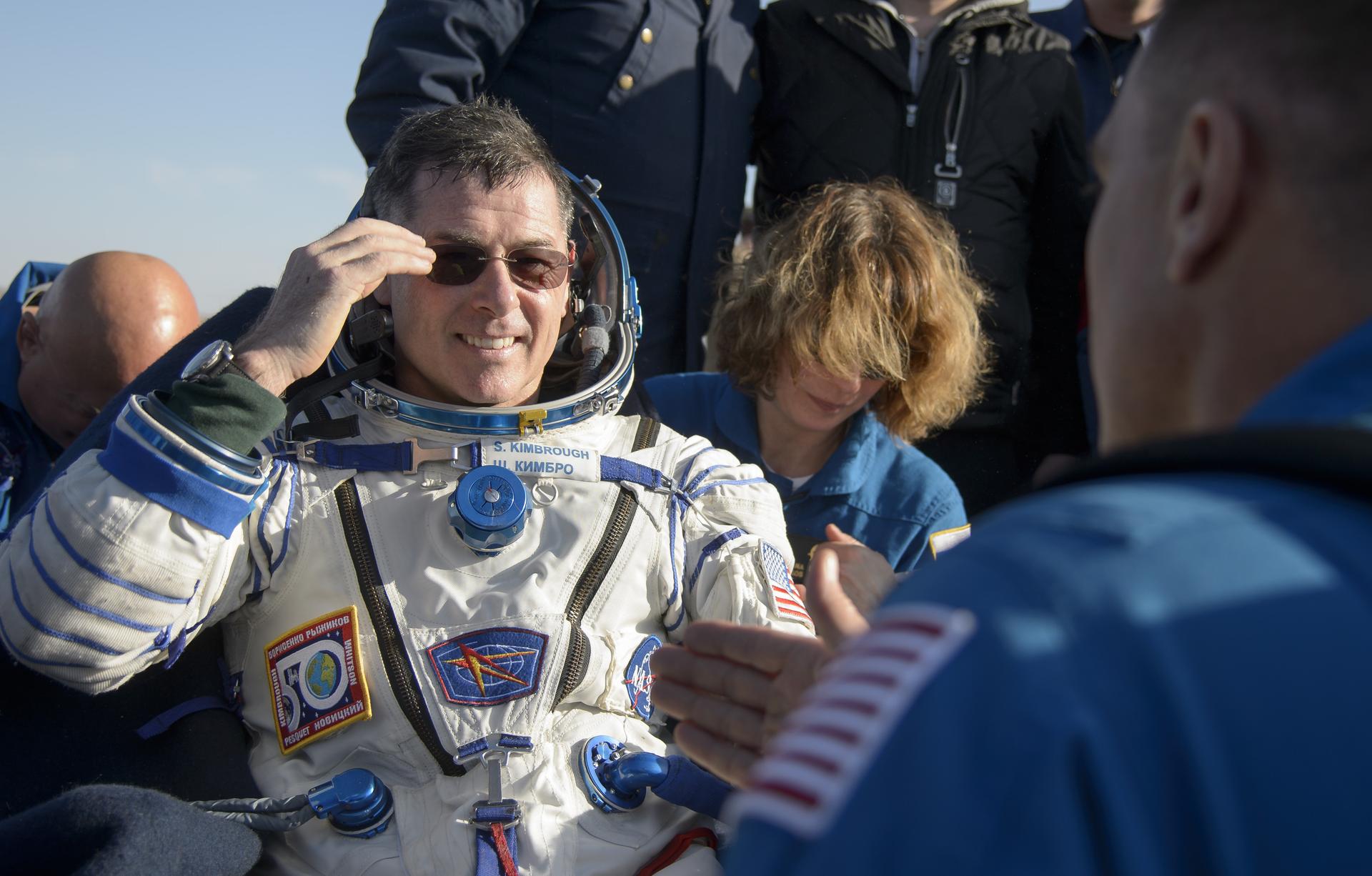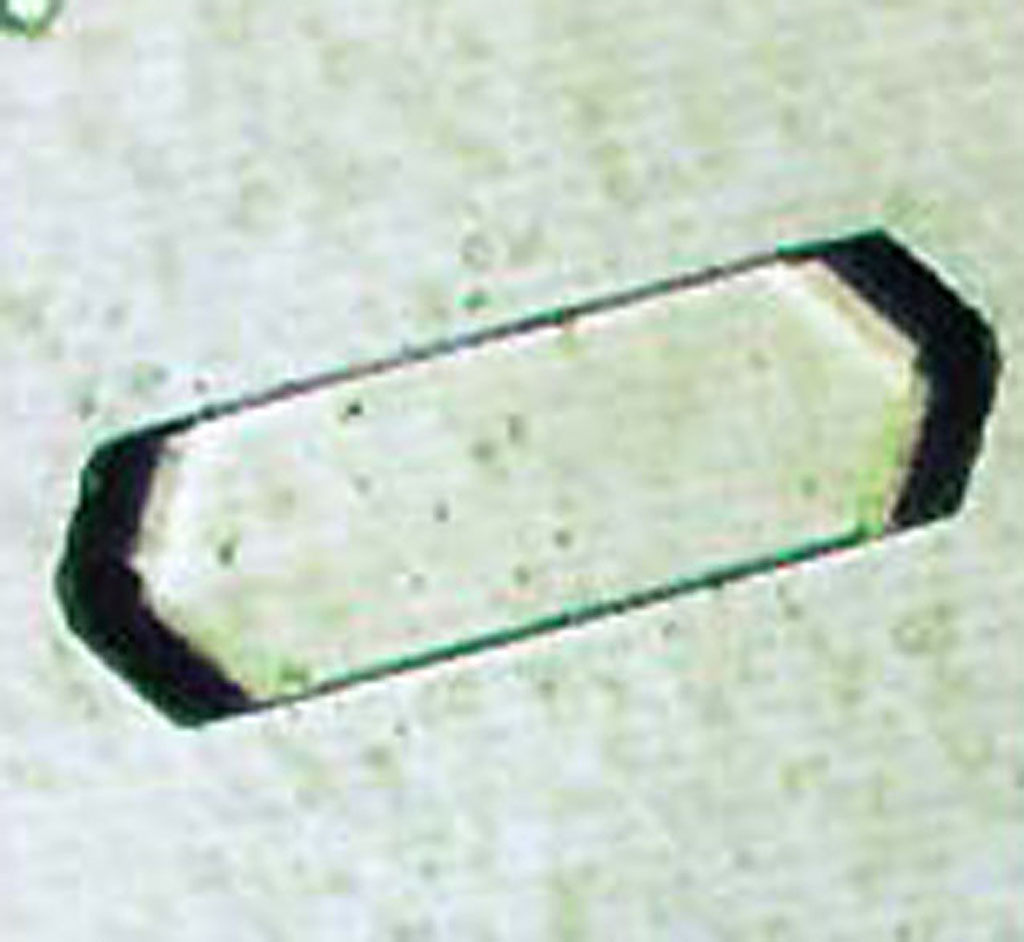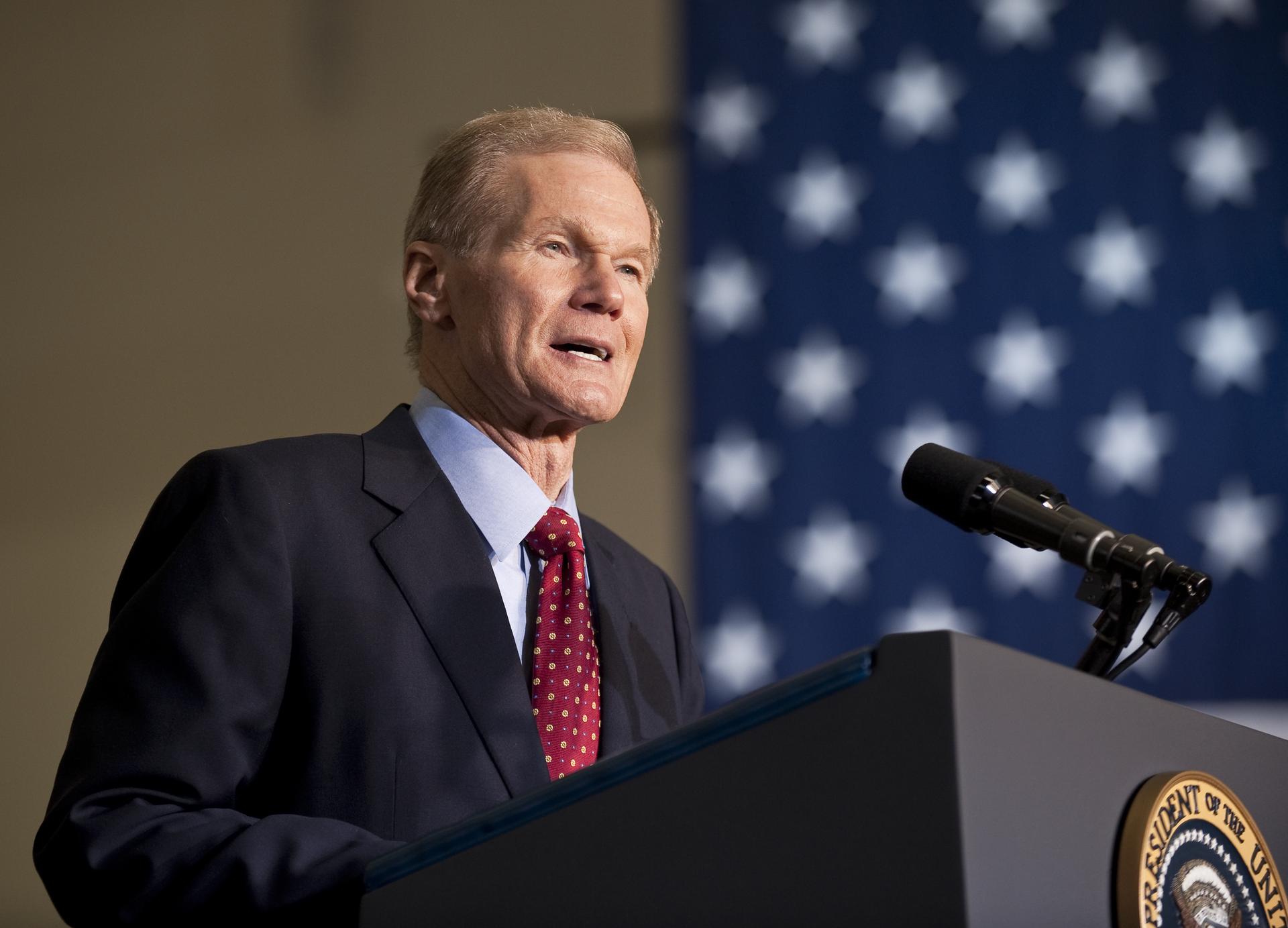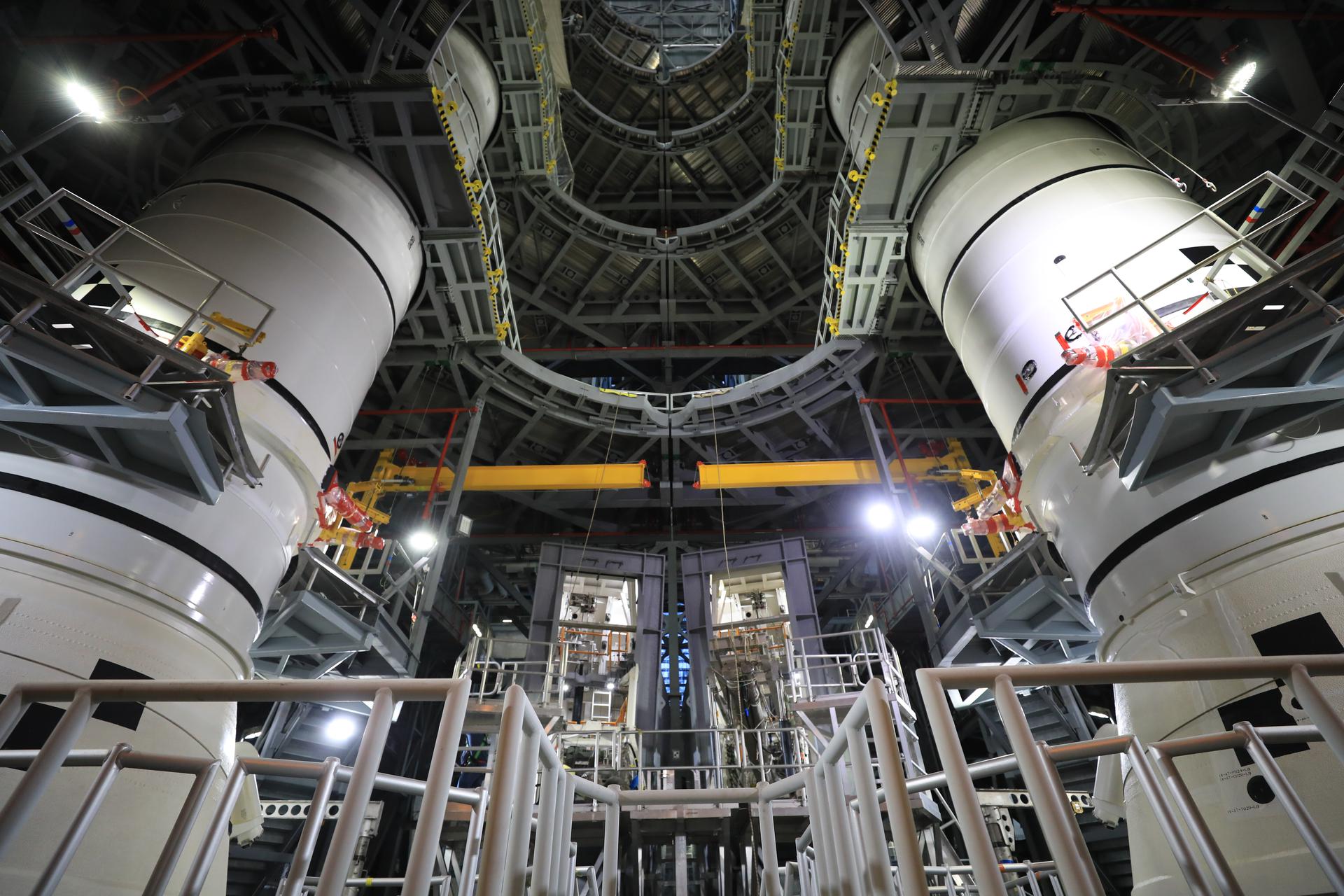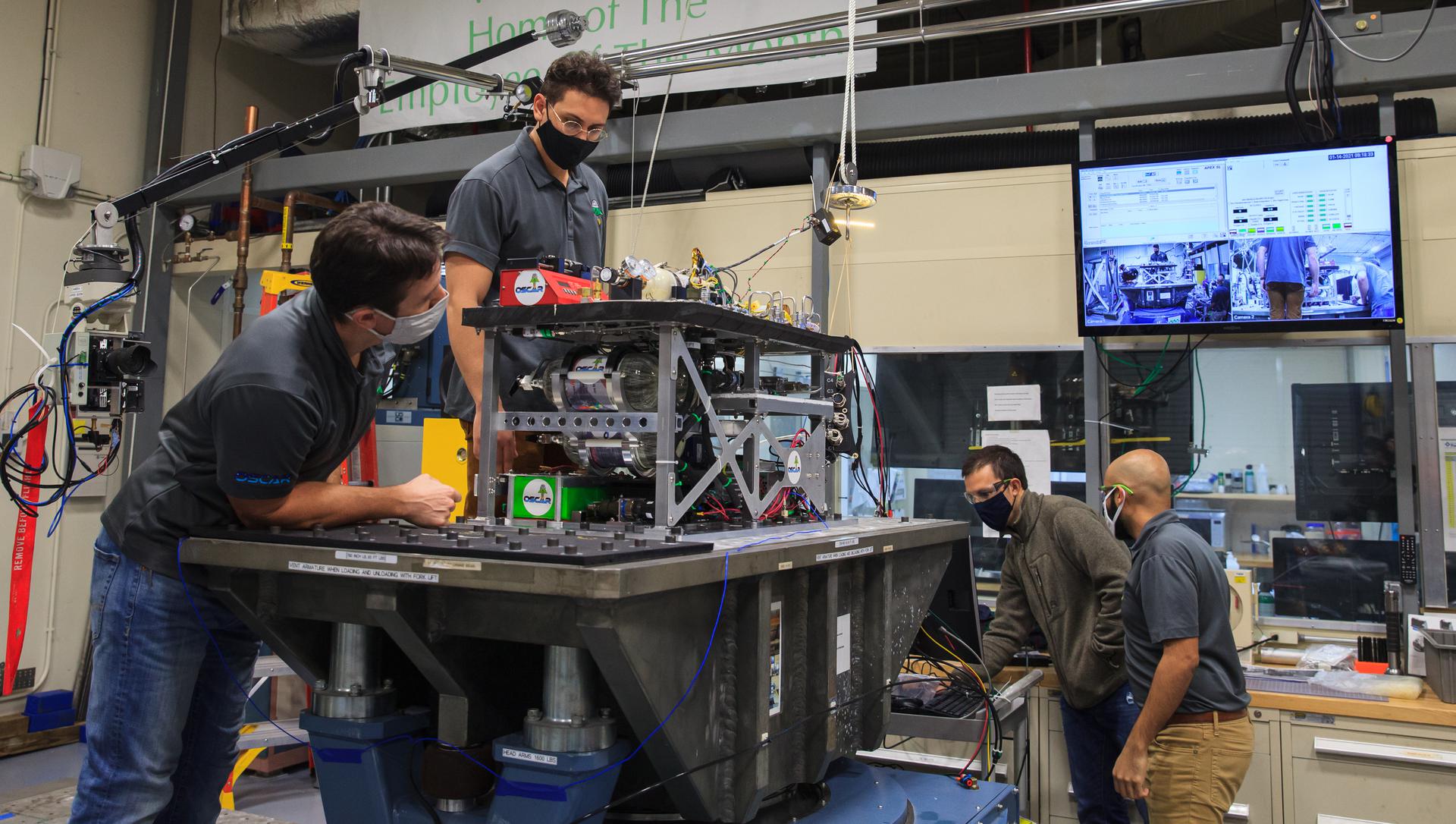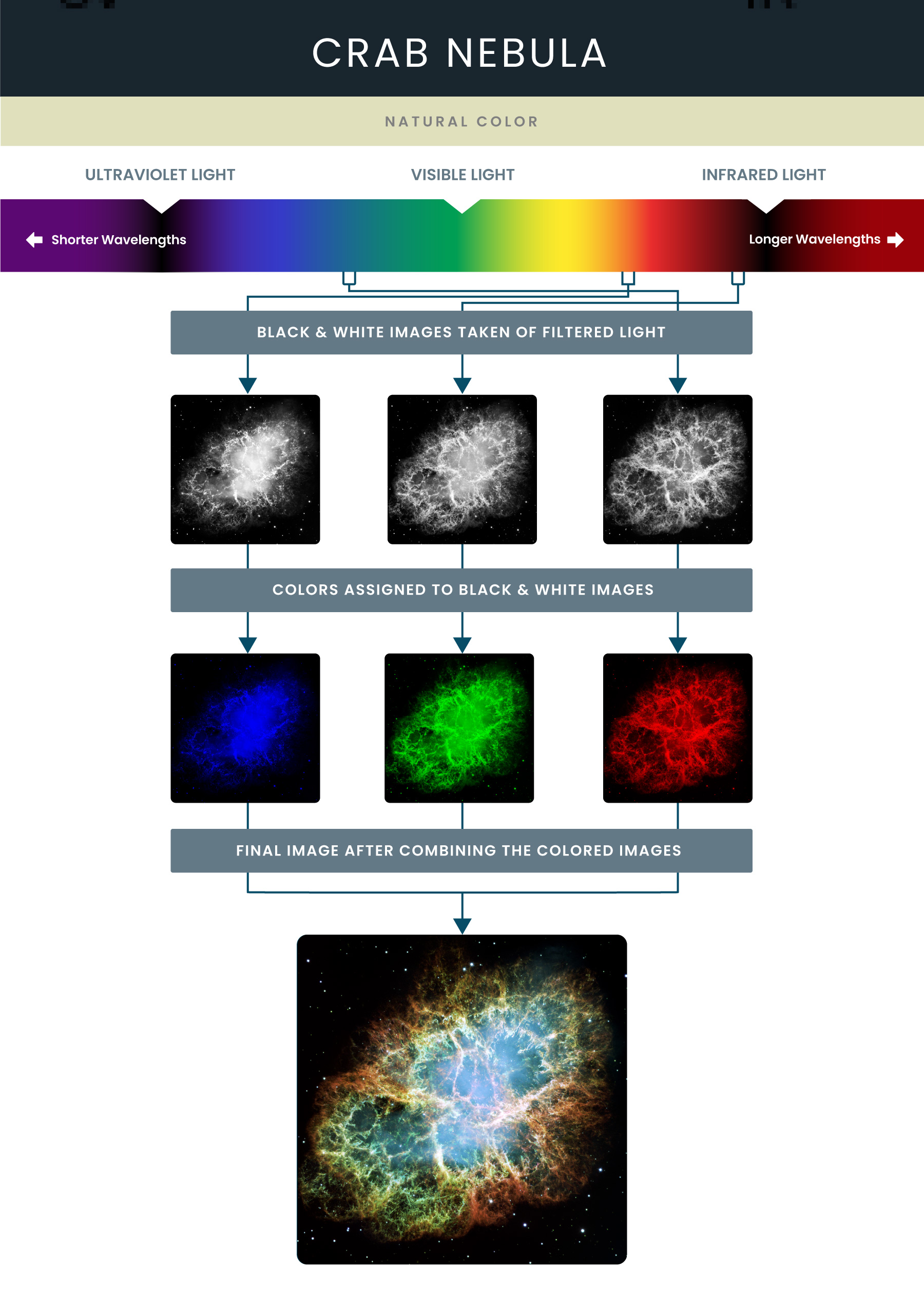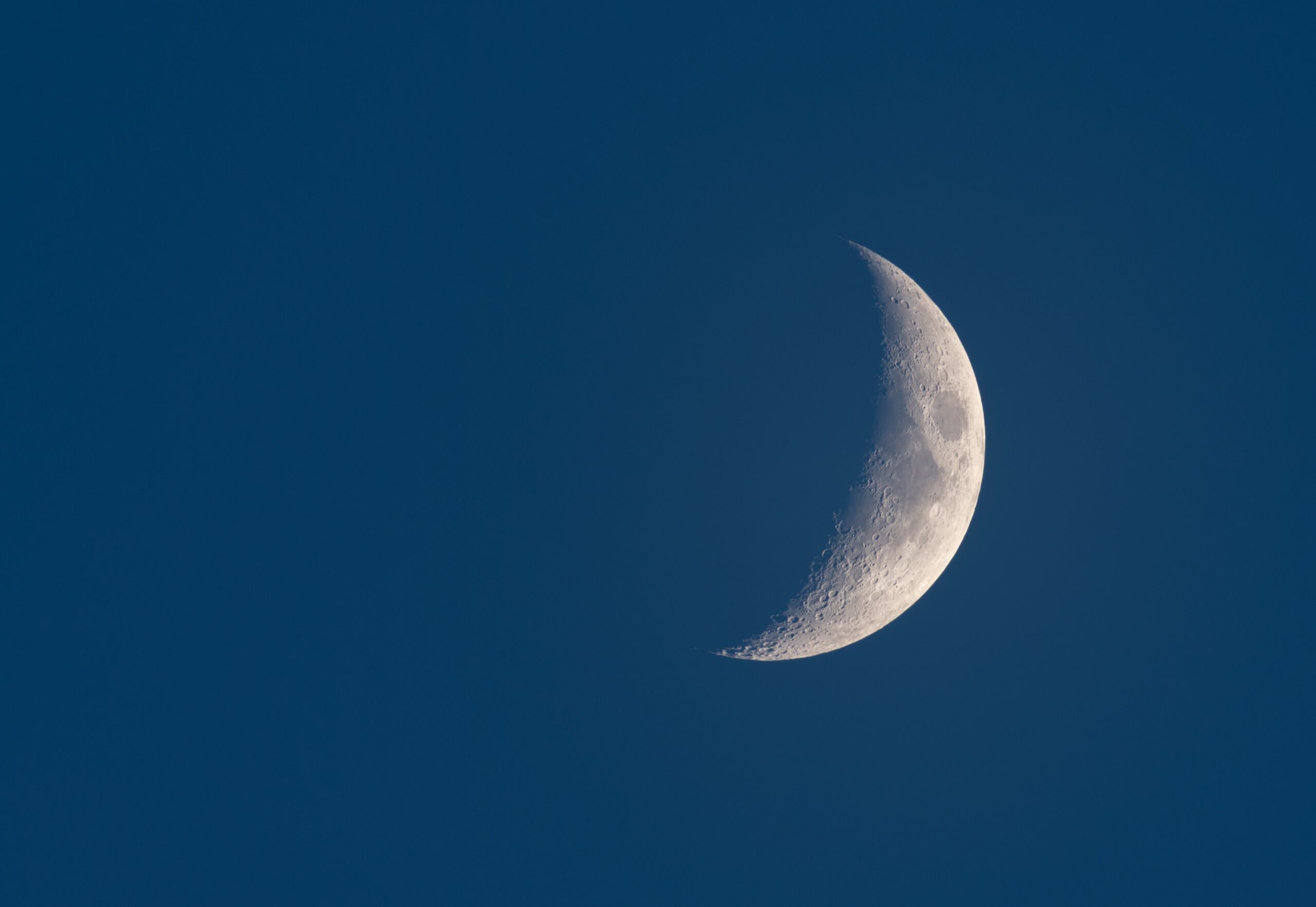President Joe Biden Nominating Former Sen. Bill Nelson of Florida As the new NASA Head
On the 19th of March, the White House issued a formal statement that they are willing to support Bill Nelson, a Democrat who served three terms in the Florida Senate, as the future head of NASA.
This came after the resignation of the former administrator, Jim Bridenstine, last January to make way for the new administration’s appointee. Jim Bridenstine was elected by the ex-American president, Donald Trump, in 2018.
The new candidate, Nelson, represented Orlando and Florida’s Space Coast in the U.S. House of Representatives before eventually moving to the Senate in 2001, where he served three terms before then Governor, Rick Scott, defeated him in 2018. He was the ranking member on the Senate Commerce, Science, and Transportation Committee. Nelson is one of three people to have flown on the space shuttle while serving in Congress.
The White House officially stated:
“Most every piece of space and science law has had his imprint, including passing the landmark NASA bill of 2010 along with Sen. Kay Bailey Hutchison,”
“In the Senate he was known as the go-to senator for our nation’s space program,” the statement added.
It’s also important to mention that the NASA seat at this specific period comes with a heavy burden and more responsibilities than usual because the whole world is watching and is eager about NASA’s promising future. The Artemis mission, set for 2024, is going to board the first woman and next man on the Moon.
Nelson put his faith in Biden back in August when he said,
“The bottom line why Joe Biden will do this is because Joe Biden like most Americans is absolutely fascinated with spaceflight,” and he added “And the American people still associate the space program with humans getting on a rocket and flying in space.”
On top of these challenges, we also have China and Russia, who are planning for a huge step of their own – constructing a lunar research station that will likely be based on the moon’s surface, an ambitious first-ever space project between the two countries.
Nelson earned a good reputation in NASA in the late 1970s, after the iconic Apollo mission, when NASA was struggling with shifting priorities and setting new paths for themselves. He was one of the first ambitious employees to speak of his idea of sending nonprofessionals on Space trips in congress.
Nelson wrote in his memoir:
“If I was going to speak about the space program accurately in Congress, I wanted to feel what the astronauts felt.”

